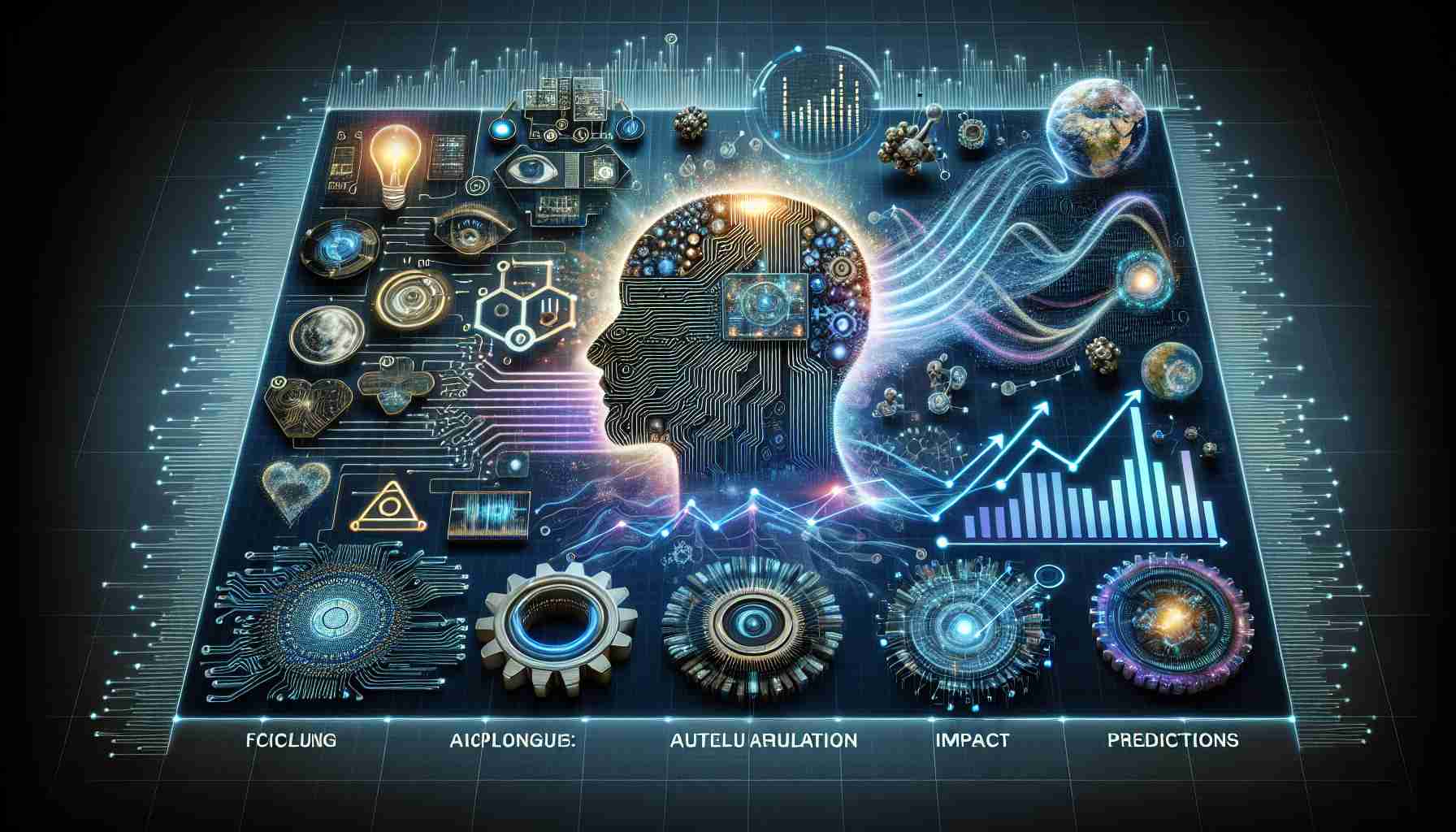Artificial Intelligence (AI) Advances at Breakneck Speed
Artificial intelligence has seen remarkable growth since the emergence of ChatGPT in November 2022, transforming not only the technological landscape but also various industries, from healthcare to communication. AI’s capabilities in enhancing the early detection of cancer, beautifying email composition, and even hosting beauty contests illustrate its diverse applications with new domains continually being explored.
Leading AI pioneer, Prof. Dr. Björn Ommer underlines the significant strides made in AI-generated imagery and foresees the potential of AI in creating immersive three-dimensional content. This anticipation aligns with the rapid advancements in generative AI, specifically at LMU Munich, where Prof. Ommer’s work on Stable Diffusion has played a key role in numerous global AI-driven projects.
Despite the impressive display of Sora AI’s capabilities in video generation, there are still challenges in precisely controlling AI to adhere strictly to the input commands. Prof. Ommer highlighted specific instances where AI’s creativity led to results that diverged from the expected, indicating the need for further fine-tuning to achieve exact outcomes.
AI’s Potential in Cancer Cure Research
AI’s influence in medicine, particularly in diagnostic accuracy, has already been recognized. Gerard de Melo, head of the Department of Artificial Intelligence at the Hasso-Plattner-Institut, remains optimistic about AI’s role in cancer research. He foresees AI accelerating the drug discovery process, though human-led experiments and trials will remain essential.
Bill Gates Envisions a Future Without Apps
Microsoft’s Bill Gates, a revolutionary figure in computing, envisions a significant shift over the next five years where the necessity for individual apps could become obsolete. He suggests that people will soon interact with devices in natural language, receiving the assistance of AI-powered personal assistants that surpass the capabilities of current technology.
Impact of AI on Jobs and the Workforce
One of the most important questions surrounding the accelerated evolution of AI is how it will impact employment. With automation and intelligent systems capable of performing tasks traditionally done by humans, jobs in certain sectors may be at risk. However, AI also has the potential to create new job opportunities in technology, AI maintenance, data science, and other areas requiring human oversight. The challenge is ensuring a smooth transition through retraining and education programs.
Privacy Concerns and Ethical Implications
The application of AI raises significant privacy and ethical concerns, particularly regarding data collection, surveillance, user consent, and decision-making processes inherent to AI systems. Data used to train AI models can include sensitive personal information, and ethical dilemmas arise over the AI’s decision-making that may be discriminatory or biased. Striking a balance between innovation and ethical standards is a key challenge.
Advantages of Accelerated AI Evolution
The accelerated pace of AI development offers numerous advantages, such as:
– Increased efficiency and productivity in industries through automation and optimization.
– Enhanced healthcare outcomes with AI aiding in diagnostics, personalized medicine, and drug development.
– Improved accessibility through AI-powered tools that can assist individuals with disabilities or language barriers.
– Innovations in entertainment and content creation, like AI-generated artwork and video generation.
Disadvantages of Accelerated AI Evolution
Conversely, the rapid evolution of AI also presents certain disadvantages, including:
– Job displacement, as AI and automation can potentially replace human employees.
– Lack of transparency in AI decision-making processes, making it difficult to understand how AI reaches its conclusions.
– Security risks, as AI systems can become targets for cyber attacks or be used to facilitate such attacks.
– A regulatory lag, where legislation and guidelines struggle to keep up with the pace of technological advancement.
Controversies in AI’s Evolution
One of the controversies in the realm of AI is the debate over “strong AI” or artificial general intelligence (AGI), which would theoretically have the ability to understand or learn any intellectual task that a human being can. The creation of AGI carries potential risks that are debated among experts, including existential threats.
For those interested in exploring more about AI, its evolution, and applications, visit the official sites of leading AI research institutions or technology companies, such as:
– DeepMind
– OpenAI
– Microsoft
These resources can provide in-depth insights on current developments, research projects, and perspectives on the future of AI.

